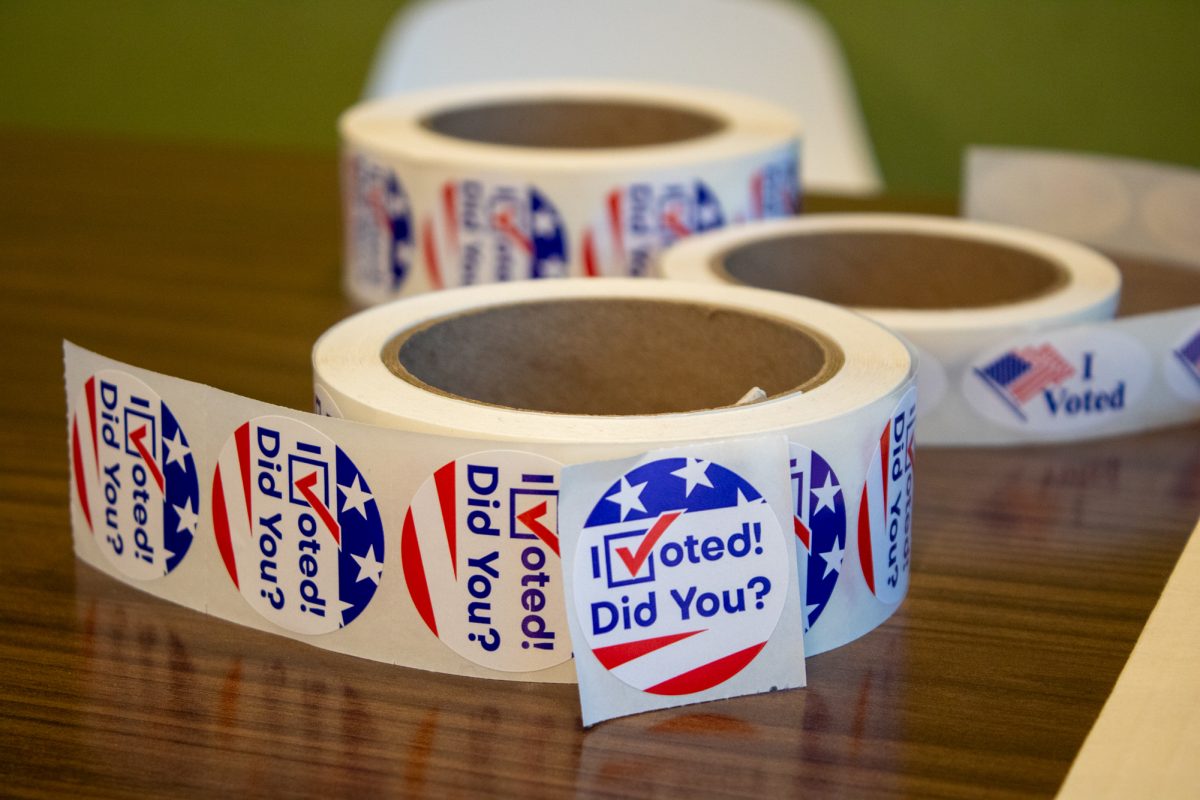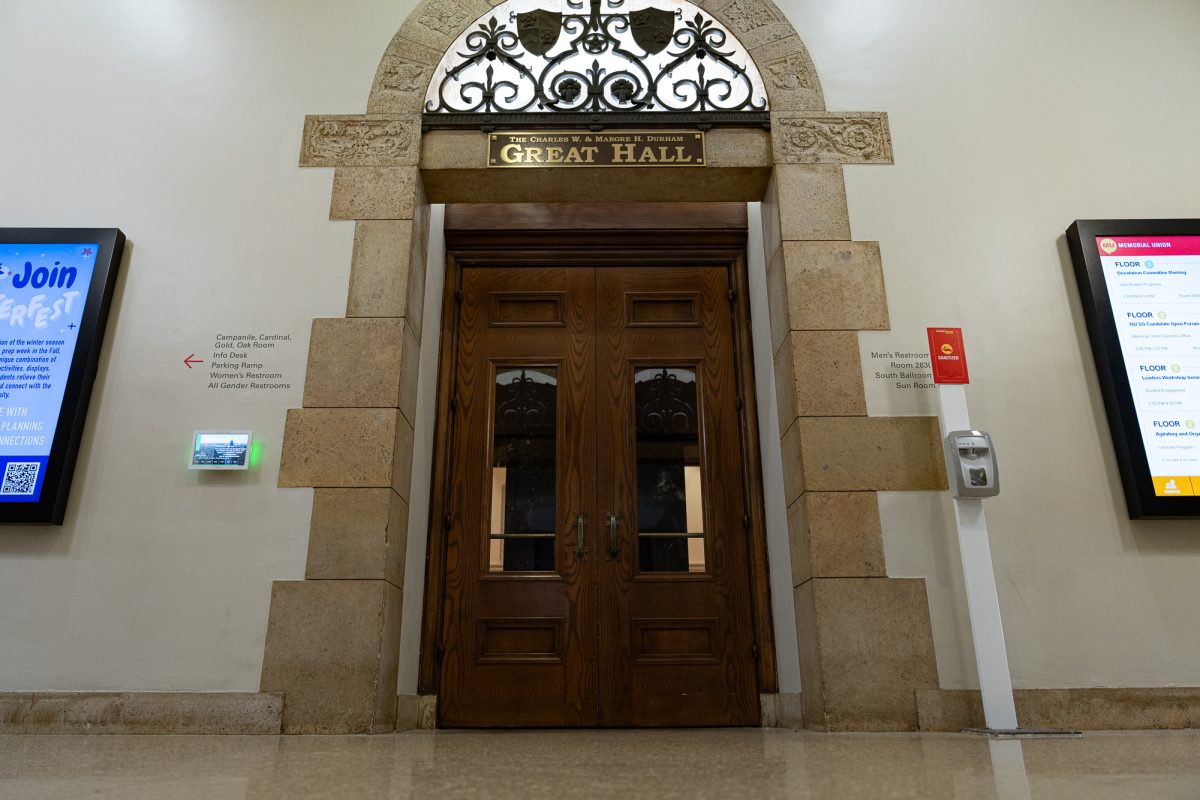EDITORIAL: A crucial truth in the war on terror
September 18, 2003
“We’ve had no evidence that Saddam Hussein was involved with September the 11th.”
It may have seemed like a throwaway comment that’s relevance and time to be said passed months ago, but President Bush’s statement on Wednesday denying any link between Saddam Hussein and Sept. 11 still has significant and immediate ramifications.
It is worth noting that the Bush administration has never explicitly said that such a link existed. However, they have left the door open for the public and the media to make assumptions. Last Sunday, Vice President Cheney told NBC’s “Meet the Press” that victory in Iraq translates into “a major blow right at the heart of the base, if you will, the geographical base of the terrorists who had us under assault now for many years, but most especially on 9/11.”
By making such casual associations between Saddam Hussein and Sept. 11 throughout the Iraqi campaign, the Bush administration did little to stem the widespread belief that there was indeed an actual link. The danger from this misconception is it may lead Americans to believe that we are significantly safer from terrorist attack now with Iraq neutralized.
In fact, the war in Iraq has distracted attention from other countries which actually do have a strong, provable link to the terrorists behind Sept. 11, such as Saudi Arabia, whose involvement in Sept.11 has largely escaped scrutiny since the invasion of Iraq. And although the war in Afghanistan was vital in stopping al-Qaida, the lack of attention given since then to Osama bin Laden’s old base may lead to a revival of terrorist activity there. It is imperative today that Iraq not be America’s sole focus in the war on terror.
Bush’s statement is all the more noteworthy since it comes at a significant political cost. The Iraqi effort is still a struggle in terms of soldiers’ lives and money. Furthermore, it is becoming more and more accepted that Iraq did not pose an immediate danger to America’s security. Bush’s statement leaves one less reason to believe that a pre-emptive strike was necessary. And that should make lawmakers more discerning when going to war, especially now with our military already stretched thin.
The most obvious benefit to Bush’s statement is that it gives some credibility to an administration that has long had trouble with letting mistruths, such as the uranium from Africa, go on without challenge. In a time when rumors and misinformation can compromise our national security, Bush’s denial of a link between Saddam and Sept. 11, however late, is not trivial.
Editorial Board:Nicole Paseka, Megan Hinds, Amy Schierbrock, Alicia Ebaugh






